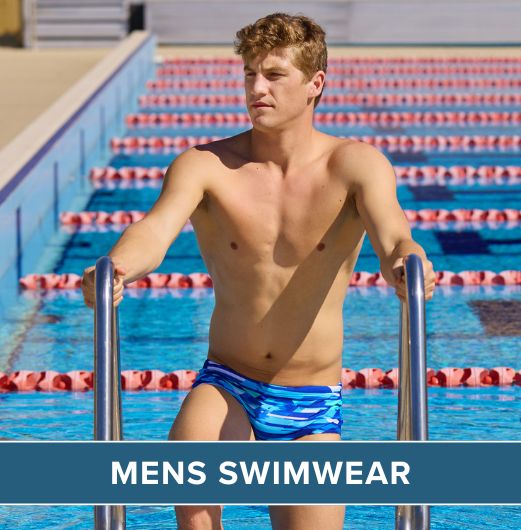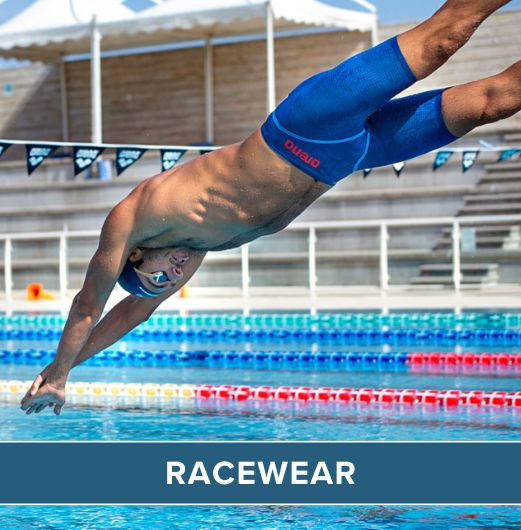If you go swimming on a regular basis, you’ll already know that chlorinated water is your skin’s enemy. Used in swimming pools to keep germs at bay, chlorine can strip away protective natural oils and alter your skin’s acidity, which protects you from harmful bacteria. Over time, this can lead to a change in your skin’s pH balance, in some cases causing problems such as dry skin, acne, premature ageing and rashes.

However, we all know that there are so many health benefits of swimming and we don't want the effects of chlorine to put you off precious time in the pool. We’ve pulled together a list of the very best hydration products to take care of your skin before and after a swim.
Prepare Your Skin
Before getting into the pool, prepare your skin with a barrier cream containing glycerin, natural oils and dimethicone. The last of these, in particular, forms a seal between chlorine and your skin, helping to reduce chlorine-related itching and dry skin.
Applying a barrier cream to your skin before swimming is better than using a lotion on it afterwards. Although, in an ideal world, you’d use both.
Aloe Vera
No wonder ancient Egyptians called it ‘the plant of immortality’ - aloe vera remains one of the best natural moisturisers available. Whether you prefer to use a soothing lotion or a gel, this nutrient-rich plant has hydrating, cooling and anti-inflammatory properties. It can be used after swimming to replenish the skin on your face and body.
Treatment Oils
Treatment oils are wonderful for your skin and a great way to pamper yourself after an intense workout in the pool. Almond oil is undoubtedly the best option and can be used on any skin type. It contains vitamin E, oleic acid and linoleic acid, combating itchiness and rough skin by making it soft and smooth. We also recommend coconut and jojoba oils.
Herbal Teas
Drinking herbal teas with a rich antioxidant content is a different way to help your skin recover and stay hydrated. Herbal teas, like moringa or green tea, can reduce skin damage and prevent wrinkle formation caused by dryness as well as relieving the stress of oxidative damage.
Fatty Acids
Taking care of your skin starts from within. Applying nourishing creams and oils is an important step towards healthier skin, but don’t forget about nutrition, too. Essential fatty acids and omega-3 play a crucial role in both the structure and appearance of your skin. They help regulate oil production to boost hydration and work deeper on the skin’s lower layer to prevent inflammation. Include foods like salmon, dried fruit, avocados and olive oil in your diet to make sure you’re getting enough.
Creating and maintaining a good skin barrier to the water is essential if you’re a swimmer. Try turning these tips into regular habits, so you can enjoy healthy and radiant-looking skin - no matter how often you swim.
 Free Tracked UK Delivery
Free Tracked UK Delivery Hassle Free Returns
Hassle Free Returns Next Working Day OPTION
Next Working Day OPTION Found It Cheaper?
Found It Cheaper?













